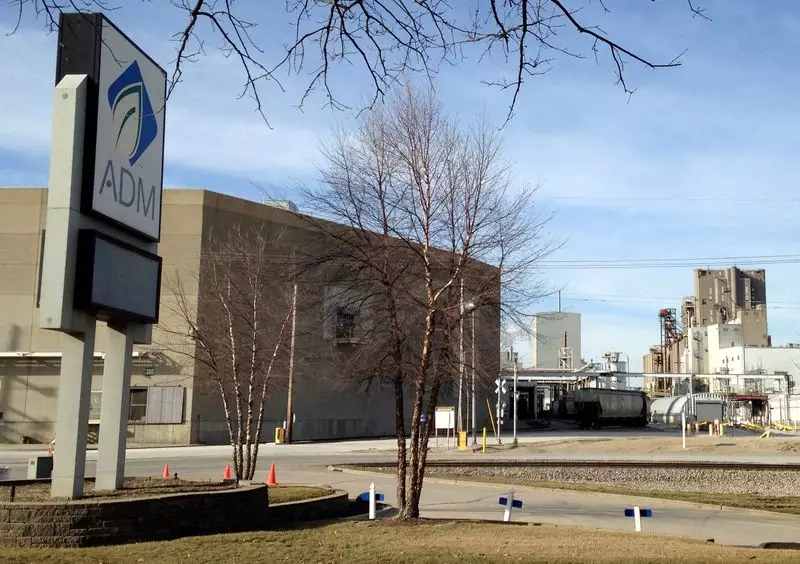Archer-Daniels-Midland Company (ADM), one of the world’s largest agricultural processors, is at the center of a troubling lawsuit alleging serious lapses in safety protocols that have led to disastrous consequences for its workers. The catastrophic incident in question highlights a disturbing trend of negligence that poses significant risks not only to employees but also to the respective industry norms and public trust. The lawsuit stems from an explosion at ADM’s Decatur facility in April 2023, which severely injured Antonio McElrath and has raised questions about the company’s commitment to safety and regulatory compliance.
According to the legal filings, McElrath was instructed to shut down a grain “leg” tube that had begun to smoke. In a tragic turn of events, an explosion ensued when the tube was opened, directly impacting McElrath. The implications of this incident extend beyond McElrath’s suffering; the lawsuit alleges that ADM has systematically neglected critical safety systems across its plant for years. Reports indicate that safety inspections and tests of crucial equipment had not been conducted, leaving the facility vulnerable to such preventable disasters. The familiarity of this incident within the context of previous safety breaches—including dust explosions in 2018 and 2019, as well as other fire-related incidents—paints a picture of a company struggling to uphold the necessary safety standards expected within the industry.
This lawsuit emerges at a time when ADM is already navigating significant economic challenges, compounded by government investigations into alleged accounting irregularities. The company has faced a downturn due to a global surplus in grain supplies, putting additional pressure on its operational decisions and financial health. Factors such as these often lead organizations to cut corners, especially regarding safety spending—a decision that can have dire consequences, as seen in this instance.
Furthermore, the U.S. Department of Labor’s Occupational Safety and Health Administration (OSHA) discovered that the safety systems meant to protect employees were either poorly maintained or entirely nonfunctional during the incident. This oversight indicates not only a failure of the ADM’s internal safety protocols but also raises doubts about the efficacy of industry regulations that are designed to protect workers.
Industry-Wide Implications and the Path Forward
The tragedy involving McElrath serves as a critical reminder for the broader agriculture and processing industries. It emphasizes the need for rigorous safety oversight and the implementation of comprehensive safety training programs. As ADM attempts to recover from this incident and improve its safety protocols, it must also assess its operational ethos—prioritizing human life over profit margins. This paradigm shift is crucial not only for ethical reasons but also as a means to fortify the trust that workers and the community place in such large organizations.
The case against Archer-Daniels-Midland underscores the urgent need for the reevaluation of safety measures across the industry. It reiterates the fact that negligence can lead to irrevocable harm, emphasizing that safety should never be treated as an afterthought. Going forward, industry leaders must demonstrate accountability and transparency, ensuring that incidents like the West Plant explosion never occur again. The commitment to safety and employee well-being must become the cornerstone of corporate culture to foster a sustainable and secure work environment for all.

